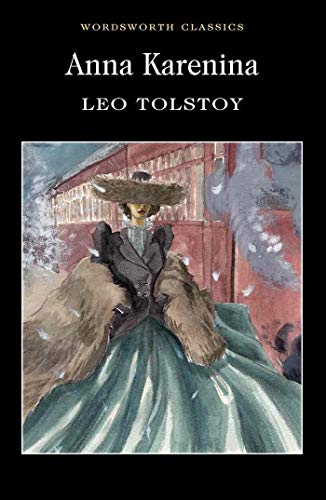The novel's central character, Anna Karenina, is a complex and tragic figure. Her passionate and forbidden love affair with Count Alexei Vronsky leads to her social ostracization and descent into despair. Anna's story is a profound exploration of the consequences of societal norms and the constraints placed on women in 19th-century Russian society.
While Anna's story is at the heart of the novel, Tolstoy weaves a rich tapestry of characters and subplots. The character of Konstantin Levin, a landowner and philosopher, provides a contrasting perspective to Anna's tumultuous life. Levin's introspective journey reflects Tolstoy's own philosophical musings and serves as a parallel narrative that explores themes of happiness, meaning, and the search for one's place in the world.
Tolstoy's writing is characterized by its lush descriptions, deep psychological insight, and keen social commentary. He paints a vivid picture of Russian society, from the glittering balls of the aristocracy to the gritty realities of rural life. His exploration of the moral dilemmas faced by the characters and the hypocrisy of the society they inhabit adds layers of complexity to the narrative.
The novel's title, "Anna Karenina," reflects its focus on the character of Anna, but it could equally be called "Levin," as his story is equally central. This duality underscores the novel's exploration of contrasting lifestyles, philosophies, and approaches to love and happiness.
"Anna Karenina" is not just a love story; it is a profound examination of the human condition. It raises questions about love, morality, the pursuit of happiness, and the consequences of our choices. The characters' struggles and conflicts feel intensely real, making the novel's emotional impact lasting and universal.
In conclusion, "Anna Karenina" is a literary masterpiece that continues to captivate readers with its timeless themes and unforgettable characters. Leo Tolstoy's exploration of love, society, and the human psyche is both profound and beautifully written. This novel stands as a testament to the enduring power of classic literature and its ability to provide insights into the complexities of the human experience. It is a must-read for anyone seeking a rich and deeply rewarding literary experience.




Comments (0)